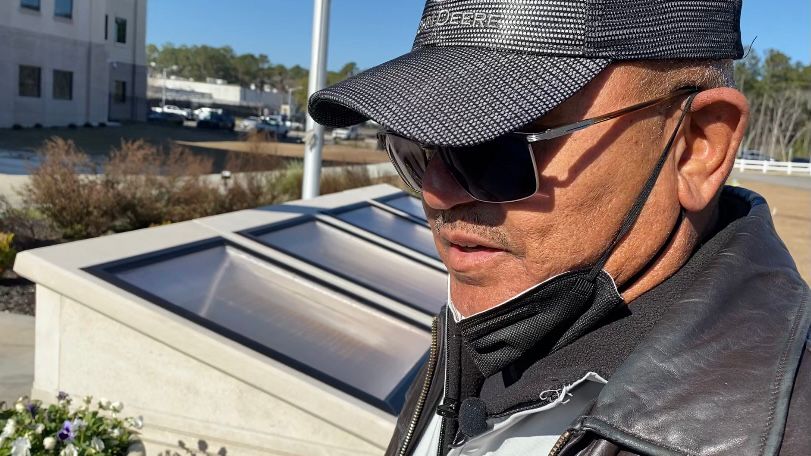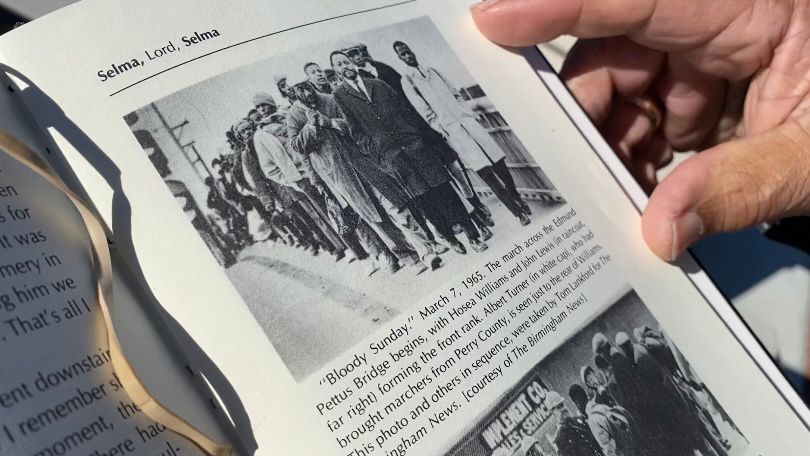BRUNSWICK COUNTY, N.C. — Ronald Fuller had no idea life as he knew it would be forever changed when he moved to the 1950s American South. He was just 10 years old and coming from New York to be with his grandparents in Alabama.
What You Need To Know
- Ronald Fuller was a civil rights activist in the 1960s Civil Rights Movement
- He took part in the historic Freedom March in Selma, Alabama
- He joined forces with other activists, like Dr. Martin Luther King Jr.
Culture shock hit Fuller everywhere he went, as he worked to adapt to a world where segregation was still firmly in place.

“It was like going to a different country,” Fuller said. “I thought initially when I was a child how rich Alabama must be. ... You've got two of everything, you got a Black bathroom and a white bathroom, a Black water fountain and a white water fountain.”
When he moved to the Deep South he didn't have any thoughts of joining the 1960s Civil Rights Movement, but while he was still a teenager he quickly became an integral part.
“The things we worked so hard for, a lot of young people take for granted today,” Fuller said. “People died, and there was bloodshed for them to have the freedoms that they have today.”
He ended up being part of the historic Freedom March from Selma to Montgomery in 1965 — the day that would later become known as Bloody Sunday. His memories are vivid and poignant as he recalls the opposition, oppression and persecution the marchers faced.
“The police were lined up on both sides of the street when we were marching and singing 'We Shall Overcome,'” Fuller said. “They reached behind themselves and pulled out gas masks ... they loaded the biggest shells I had ever seen in my life in these little stubby nose shotguns ... and they fired into the crowd.”

It was a simple choice in his mind to fight for the rights he believed every person was entitled to. He remembers learning about the Constitution and Bill of Rights in school before he left New York and in his mind, equality was a cause worth fighting for.
“I was raised believing in equality, and when that's taken away from you, and you're put into a situation where there is no equality, and you know there should be — either you do something or you do nothing, and I guess I chose to do something,” Fuller said.
On the 50th anniversary of the march from Selma to Montgomery, Fuller was honored by Congress for his work during the Civil Rights Movement of the 1960s. Today he travels, sharing his memories of fighting for equality then and the work that still must be done now.
“Whenever you are trying to accomplish something it takes a multitude of people to make that happen,” Fuller said. “It's the same way with society. For us to change it takes all of us to try and come together.”



